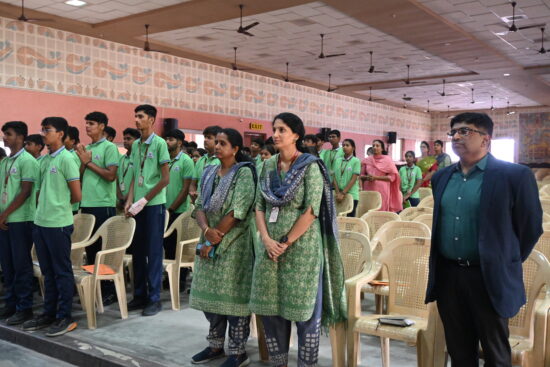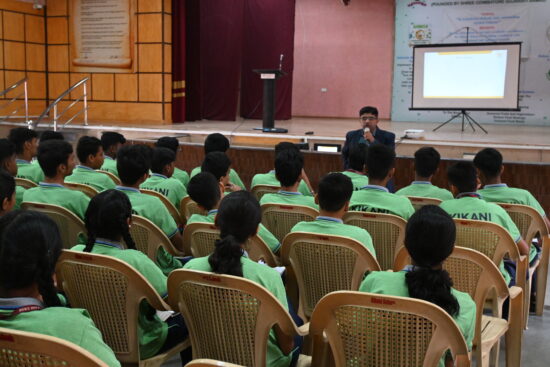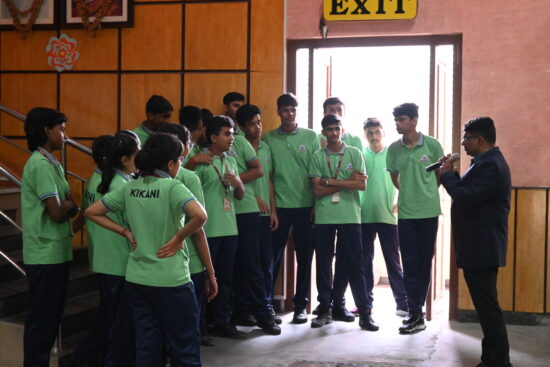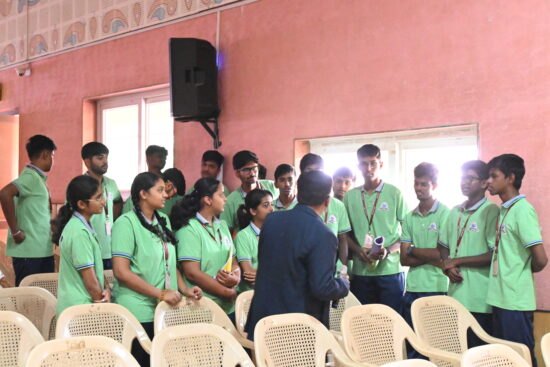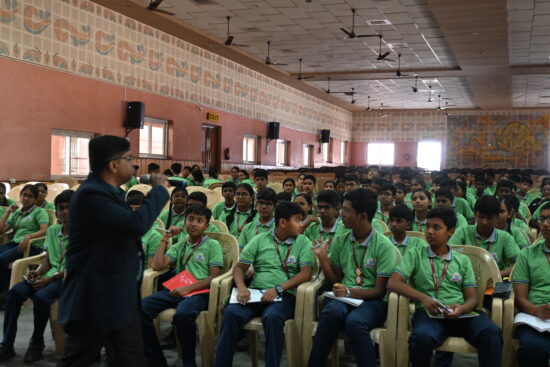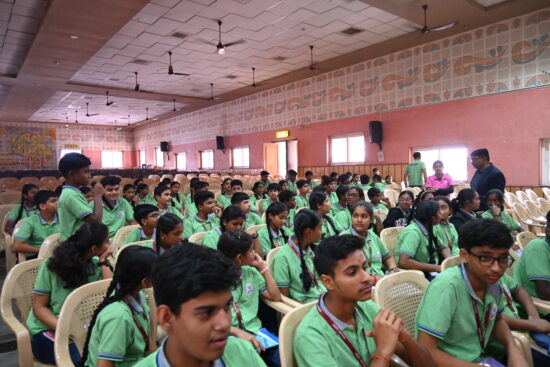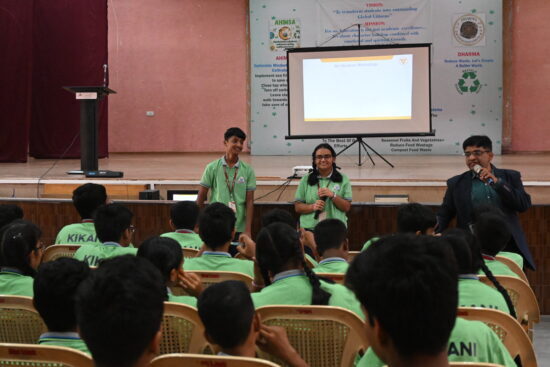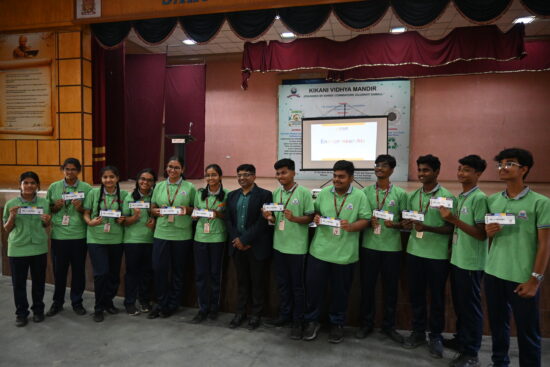ENTREPRENEURIAL WORKSHOP
November 07, 2024
Objective of the Workshop:
The primary goal of the workshop was to introduce students to the fundamentals of entrepreneurship, familiarize them with government incentives for startups, and encourage a hands-on approach to problem identification and solution ideation. The session aimed to inspire students to consider entrepreneurship as a viable career path and empower them with the knowledge needed to turn ideas into potential business ventures.
Workshop Proceedings:
The workshop commenced with an engaging introduction by Mr. Vimal Joseph, who began by defining entrepreneurship. He explained the unique qualities and mindset of an entrepreneur, highlighting the differences between entrepreneurship and traditional business. Emphasizing the entrepreneurial journey, Mr. Joseph shed light on the importance of innovation, resilience, and risk-taking in this field.
Key Highlights:
1. Definition of Entrepreneurship and the Role of an Entrepreneur:
Mr. Joseph provided a clear definition of entrepreneurship, outlining the process of creating, launching, and scaling a business. He explained that entrepreneurs are individuals who identify opportunities, solve problems creatively, and bring their ideas to life, contrasting this mindset with that of a conventional business owner.
2. Distinction Between Entrepreneurship and Business:
The speaker discussed the difference between starting a traditional business, which often focuses on established markets and predictable operations, and entrepreneurship, which involves pioneering new ideas, navigating uncertainty, and exploring untapped markets.
3. Government Support and Incentives for Startups:
Mr. Joseph elaborated on various initiatives by the Indian government to support new ventures, including financial incentives, tax benefits, and funding programs specifically for startups. He encouraged students to consider entrepreneurship without hesitation, mentioning the availability of incubators, accelerators, and supportive policies designed to help emerging startups succeed.
Interactive Group Activity:
The workshop incorporated a practical group activity to encourage creative problem-solving and team collaboration. Students were divided into four groups, each assigned to focus on a specific industrial sector. The instructions for the activity were as follows:
• Step 1: Select an industrial sector.
• Step 2: Identify a significant problem currently affecting that sector.
• Step 3: Propose an innovative solution to the problem.
Each group appointed a captain and vice-captain to lead the team discussions and later present their findings. The representatives came forward to pitch their group’s ideas, outlining both the problem and their proposed solutions.
Outcome and Key Takeaways:
This activity resulted in several innovative ideas, with each group identifying distinct challenges within their chosen fields and proposing practical, creative solutions. The exercise provided students with an opportunity to experience the early stages of entrepreneurship, including problem identification, ideation, and pitch presentation.
Conclusion:
The workshop concluded with a strong message from Mr. Joseph, encouraging students to consider entrepreneurship as a pathway for personal and societal impact. He emphasized that while challenges exist, the available support systems and a strong, innovative mindset can enable aspiring entrepreneurs to turn ideas into successful ventures.
Feedback from Participants:
Students found the workshop highly informative and engaging. They appreciated the practical group activity, which allowed them to collaborate, think critically, and gain insights into real-world problem-solving. Many expressed enthusiasm about the possibility of starting their ventures in the future.


